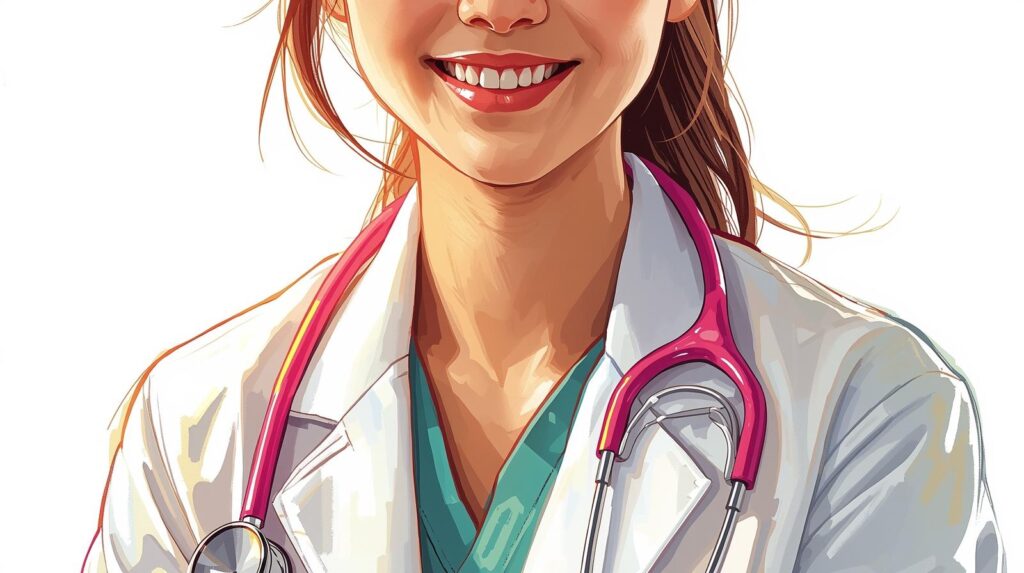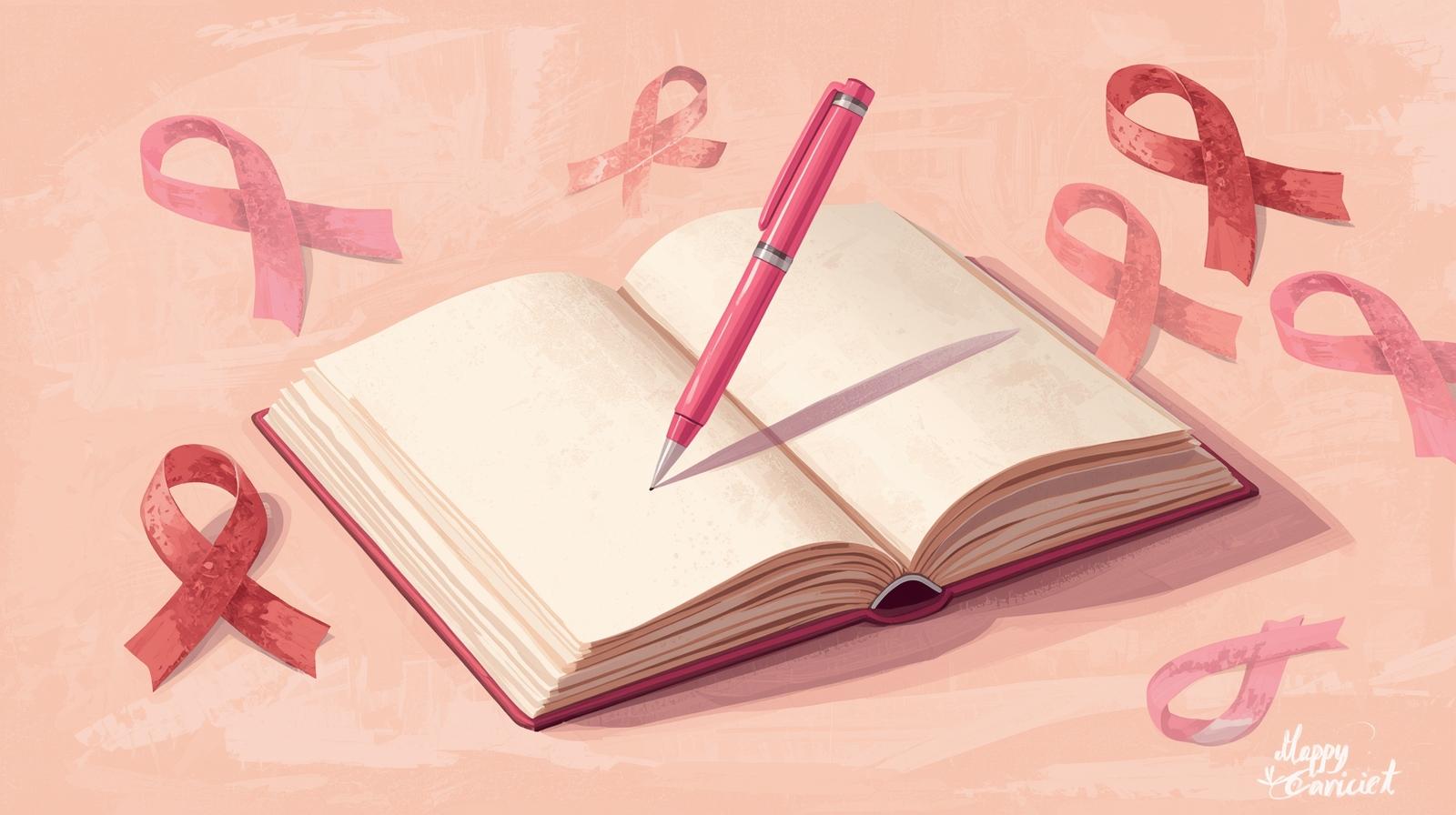
Breast cancer remains one of the most common cancers affecting women worldwide, and Dubai is no exception. However, with early detection, survival rates increase significantly. According to international research, women who undergo regular breast screening can reduce their risk of late-stage diagnosis by up to 40%.
In this article, Dr. Annalisa Perego, a leading Breast Surgeon in Dubai at the Well Woman Clinic, explains everything you need to know about breast cancer screening — from when to start, which tests are best, and where to find the highest-quality care in Dubai.
Why Breast Cancer Screening Matters
Breast cancer often develops silently, with no obvious symptoms in its early stages. Screening helps detect abnormalities before they become noticeable or life-threatening.
Key benefits of early breast screening:
Detect cancer before symptoms appear
Increase treatment success rates
Reduce the need for aggressive treatments
Improve long-term survival and quality of life
“Early detection saves lives. Regular screening is one of the most powerful tools women have to protect their breast health.”
— Dr. Annalisa Perego
When Should You Start Breast Cancer Screening?
The recommended age to start breast screening varies depending on your personal and family history, but a general recommendation is to start being checked at 25, especially if you have a first-degree relative (mother, sister, daughter) diagnosed with breast cancer.
Types of Breast Cancer Screening Tests
1. Mammogram (Gold Standard)
Digital X-ray of the breast
Detects tiny calcifications and early tumors
Recommended annually for women over 40, or earlier with family history
2. Breast Ultrasound
Uses sound waves to examine breast tissue
Ideal for women with dense breasts
Often used alongside mammography for better accuracy once a year after 40, or alone from the age of 25
3. MRI (Magnetic Resonance Imaging)
Provides highly detailed images
Best for high-risk women or complex cases
Breast Self-Examination (BSE): Should You Do It?
While self-exams are not a substitute for professional screening, they help women become familiar with their bodies.
Steps:
Check both breasts visually in front of a mirror
Feel for any lumps or irregularities
Notice changes in skin texture, nipple inversion, or nipple discharge
If anything unusual is detected, consult a breast specialist immediately.
Lifestyle Tips to Reduce Breast Cancer Risk
Besides regular screening, you can take proactive steps to lower your risk:
Maintain a healthy weight
Exercise at least 150 minutes per week
Limit alcohol and avoid smoking
Eat a balanced, plant-rich diet
Manage stress and sleep well
FAQ – Breast Cancer Screening in Dubai
Q1: Do I need a mammogram if I have no family history?
Yes. Around 70% of women diagnosed with breast cancer have no family history. Regular screening is important for everyone.
Q2: Is breast ultrasound enough for women over 40?
No. Ultrasound is helpful but should complement, not replace, mammography.
Q3: How often should I get screened?
For most women, every year after the age of 25. High-risk women may need biannual screening.
Q4: Is mammogram painful?
A mammogram may cause mild discomfort, but the procedure is quick and safe.
Key Takeaways
Early detection saves lives! Don’t forget to be checked regularly.
Use a combination of mammography, ultrasound, and MRI when indicated.
Trust clinics with experienced specialists like Dr. Annalisa Perego at Well Woman Clinic.
Regular screening + healthy lifestyle = best protection.
About the Author
Dr. Annalisa Perego is a leading Breast Surgeon in Dubai at the Well Woman Clinic. With over 20 years of experience, she specializes in breast cancer screening, diagnosis, and advanced breast surgery techniques, offering compassionate, evidence-based care to women across the UAE.

